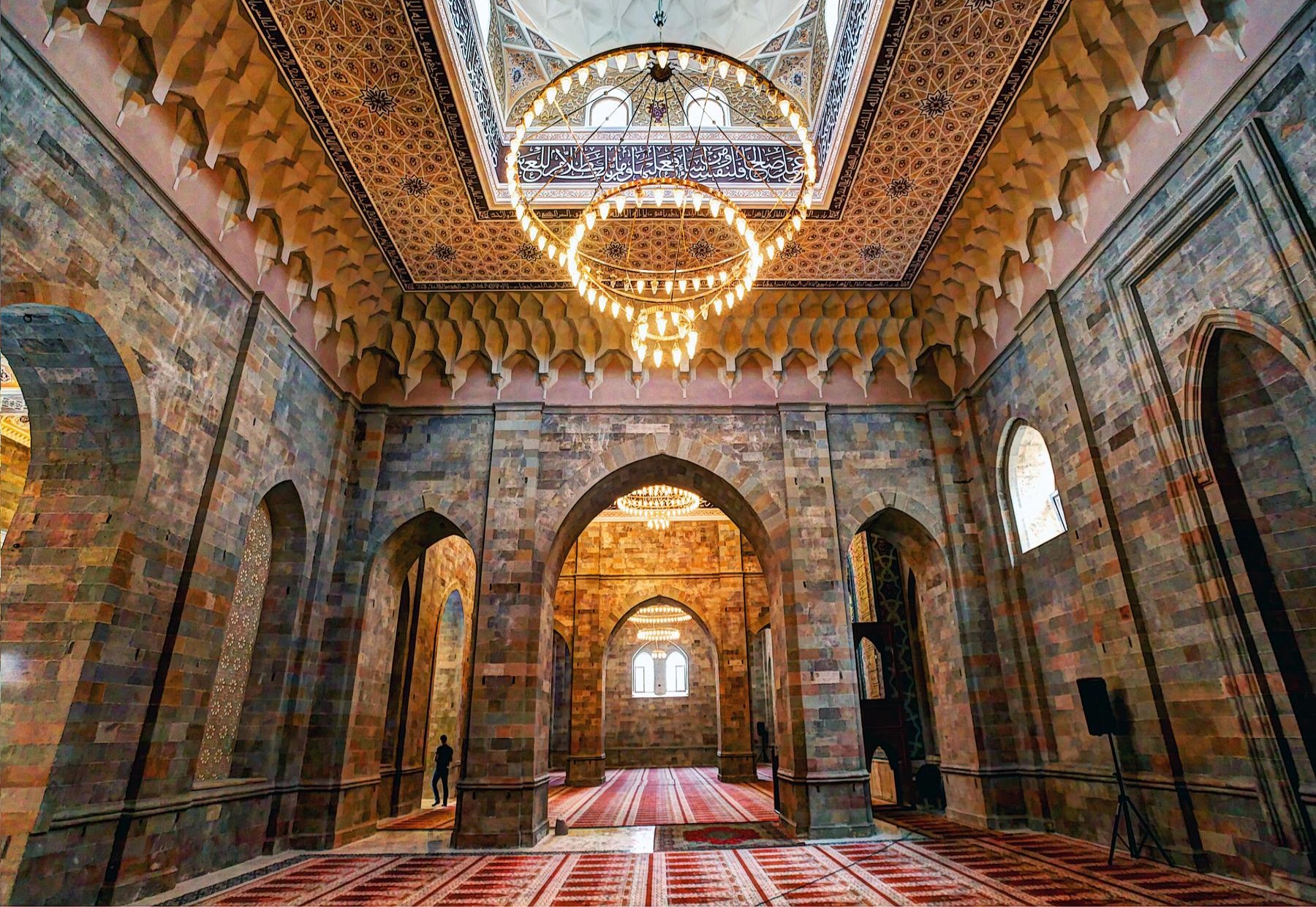The Islamic holy month of fasting, Ramadan comes to an end this week with the celebration of a joyous festival called Eid (meaning “festival” in Arabic), or more properly Eid al-Fitr. Muslims offered a prayer to mark the end of Ramadan, which is the ninth and the holiest month in the Islamic calendar.
The Islamic holy book, the Quran, was first revealed to the Prophet Muhammad during this month. Millions of Muslims living in the Caspian coastal states mark the end of the month-long fasting and the beginning of the tenth month in the Islamic lunar calendar, Shawwal. To announce the start of Eid, clerics watch for the new moon that marks the start of the new month.
Throughout Ramadan, observant Muslims – except those who are sick, pregnant, or elderly – fast from dawn until dusk daily. Muslims believe that with abstinence from eating and drinking during Ramadan, they grow closer to Allah.
In Azerbaijan, Kazakhstan, and Turkmenistan, Eid al-Fitr fell on Wednesday, April 10, as the new moon was visible at different times around the world. In Iran, the only Caspian country that has Islam as its official religion, Ramadan holiday celebrations started also on April 10.
Meanwhile, Azerbaijan is constitutionally secular, although it is home to over 10 million people, 97 percent of which are Muslim. A month-long period of fasting and reflection in Azerbaijan began on March 11, following a testimony, or fatwa, issued by the Caucasian Muslims Office – the main religious institute that coordinates Islamic activities in the country.
People flocked to mosques across the country to pray to Allah for a blessing upon their families, relatives, and friends, and to help them live the rest of the year in good health and prosper. A special prayer service was held on April 10 morning in Baku at the major mosques across the city, including the largest Heydar Mosque in the South Caucasus.
Muslims in Kazakhstan, which account for 70 percent of the country’s overall population, also celebrated Eid on Wednesday. A large part of those living in Kazakhstan see Ramadan as a cultural marker and a testimony to their spiritual heritage and respect for others. Eid al-Fitr is seen as the manifestation of a holy power that helps to strengthen unity among people.
Muslims in Turkmenistan, which account for 93 percent of its population, also celebrated Eid on Wednesday. There, Eid al-Fitr is a national holiday, and as such was also made a non-working day.
April 10, 2024, marked the end of the holy month also in Russia, where it was celebrated by nearly 20 million Muslims, accounting for 15 percent of the country’s population. Muslims congregate to pray, enjoy a big feast, give gifts to one another, and donate food to the poor.




